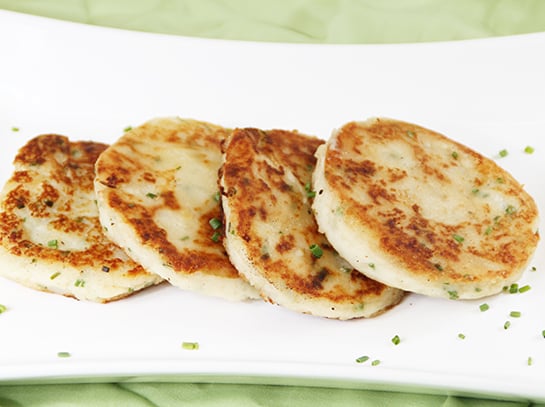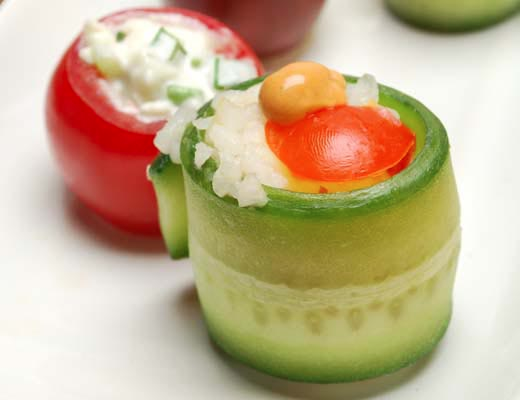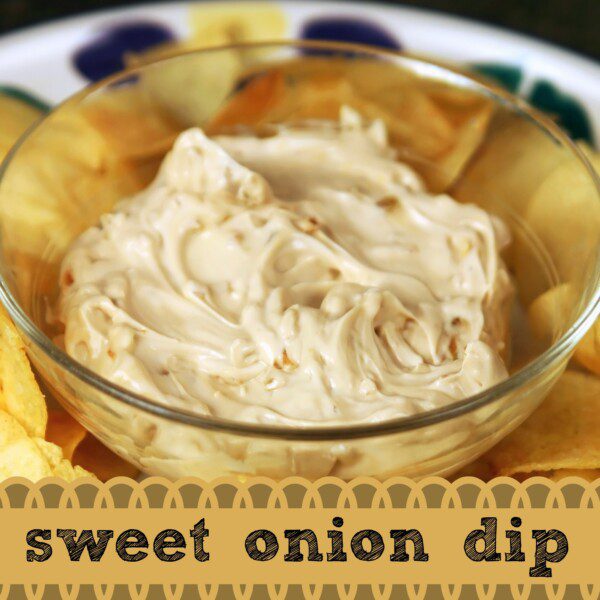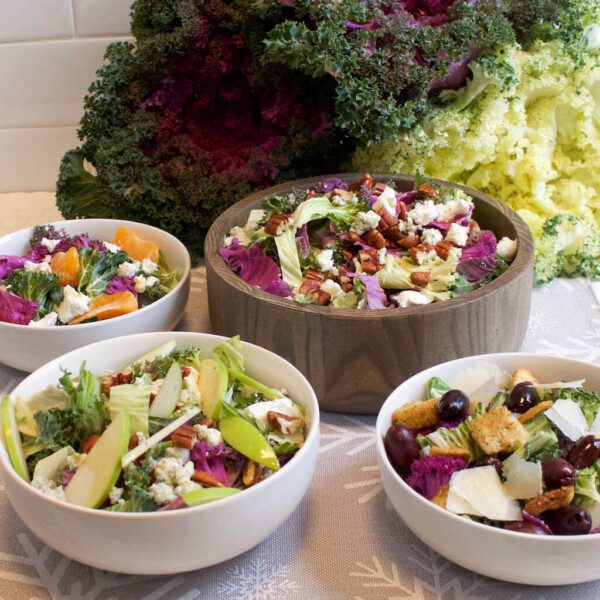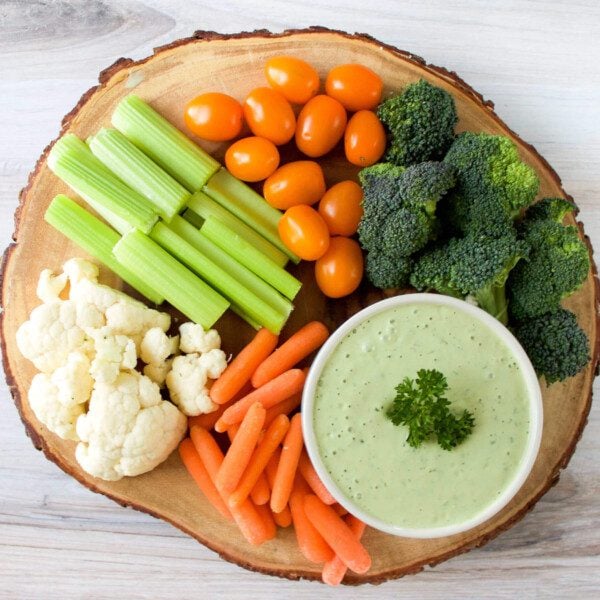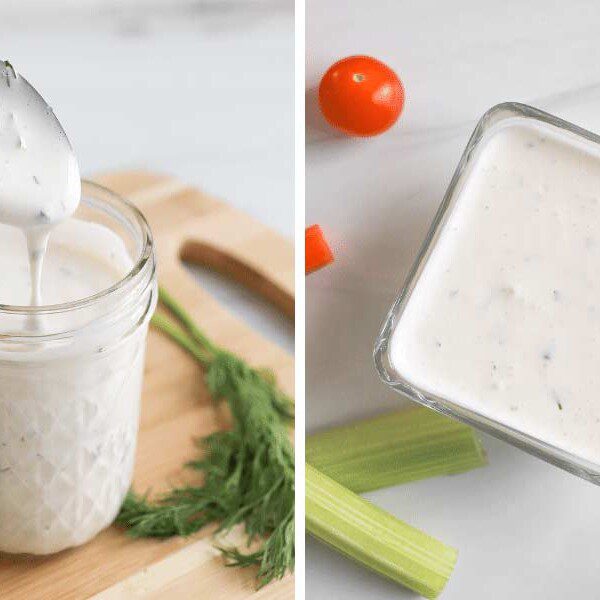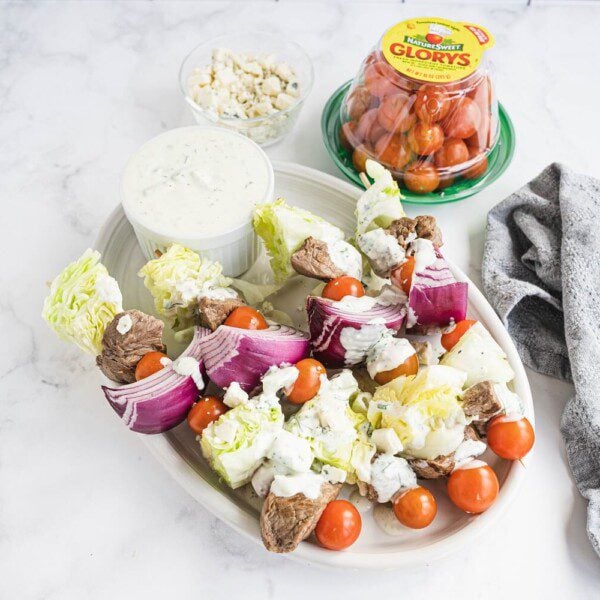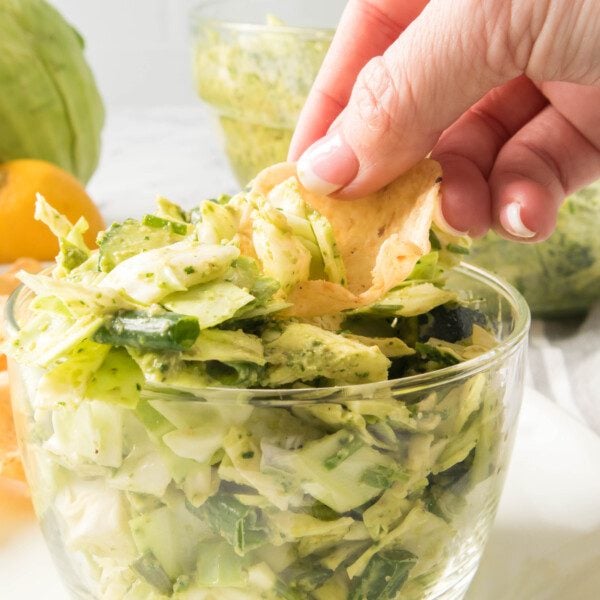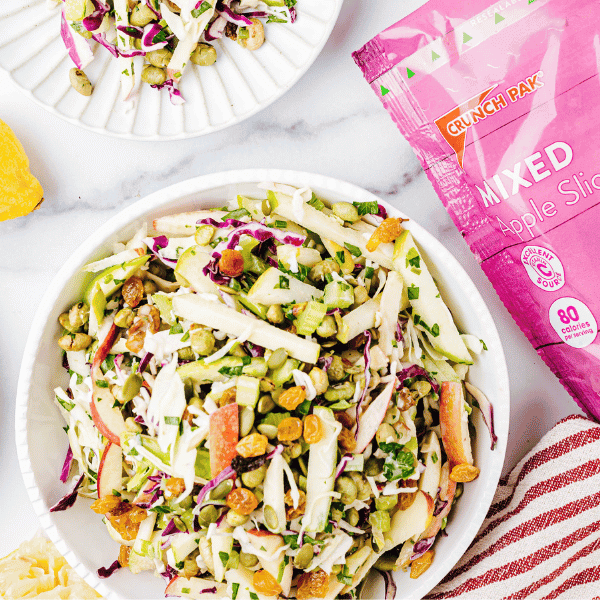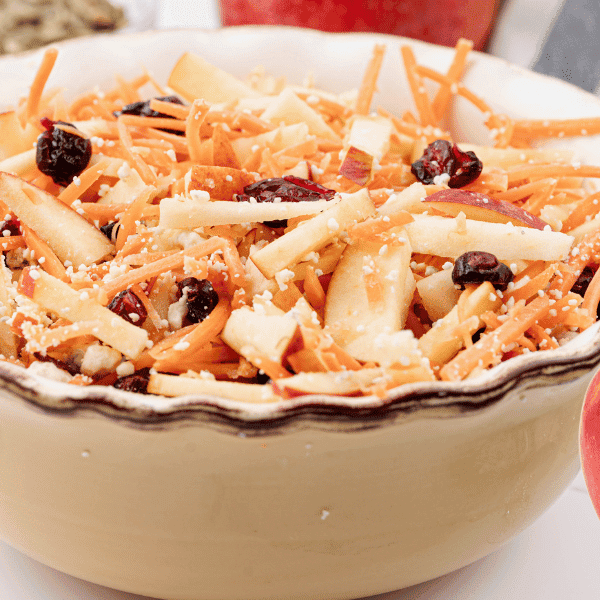How to Select Chives
- Select chives that are about six inches in length.
- Look for chives that are a vibrant green throughout the leaf, fading to white near the base. Avoid chives that are wilted. Be sure to check the tips of the leaves, where wilting begins.
When are Chives in Season?
Chives are a hardy perennial herb, which means they come back year after year. They are one of the first herbs to appear in the spring and can be harvested as soon as the leaves are large enough to use. They can be harvested throughout the growing season. Chives can be grown in mild climates all year round, although they are most flavorful when harvested in the spring and fall.
Varieties of Chives
Chives are a savory herb for cooking. All varieties of chives can be used similarly, and all have a delicate, onion-like flavor. The most popular types of chives that you’ll find at the grocery store or local farmer’s market include:
- Common chives: Common chives are the most widely available variety and are known for their long, thin, green leaves and mild, onion-like flavor.
- Garlic chives: Garlic chives have slightly broader leaves than common chives and have a subtle garlic flavor.
- Giant Siberian chives: Giant Siberian chives have broader leaves than common chives and have a milder, sweeter flavor.
- Chinese chives: Chinese chives have a more robust garlic flavor than common chives and are popular in Asian cuisine. They also have flatter and broader leaves than common chives.
- Rampion chives: Rampion chives have a delicate, mild, and slightly sweet flavor. They are also known as “meadow chives” and have smaller, more delicate leaves than common chives.
Chives Nutrition Facts & Benefits
A nutrient-rich herb, chives have many health benefits:
Nutritional Facts
Serving size: 2 tablespoons of chives
Approximate 2 calories
- 0.1 grams of fat
- 0.2 grams of protein
- 0.3 grams of carbohydrates
- 0 grams of natural sugar
- 0.1 grams of fiber
Chives also contain Vitamin C, Vitamin K, Folate, Vitamin A, Vitamin E, Vitamins B1, B2, B3, B5, B6, B9, Calcium, Iron, Magnesium, Phosphorus, Potassium, Zinc, and Copper.
Health Benefits
A few main health benefits of chives:
- Chives are an allium vegetable that may prevent some types of cancer.
- Chives are a great source of Vitamin K, which improves bone health and blood clotting.
- Chives contain the carotenoids lutein and zeaxanthin, which can prevent age-related degeneration of the eye.
How to Store Chives
How To Store Fresh Chives: For best results, remove any wilted leaves from your chives before storing them. Wash the chives with cold water and pat dry with a towel. Place chives between between two damp paper towels and store in an airtight bag or container in your refrigerator. Fresh chives will keep for about 3 weeks in the refrigerator.
How To Freeze Chives: Remove any wilted leaves, then wash and dry your chives. Chop your chives into small quarter- to half-inch pieces. Place the chive pieces onto a baking sheet in a single layer, leaving space between each piece. Freeze the baking sheet for about 30 minutes. When the chives are frozen, scoop them into a sealable plastic bag or container to freeze long-term. You can also freeze chives in olive oil. Chives can be frozen for up to 1 year.
How to Prepare Chives
The best way to prepare chives includes:
- Raw: Eating chives raw is a great way to enjoy their delicate, onion-like flavor. Simply wash and chop the chives and add them to salads, sandwiches, dips, or as a garnish for soups and pasta dishes.
- Baked: Chives can be used topping for baked dishes like casseroles, potatoes, and quiches. Simply chop the chives and sprinkle them over the top of the dish before baking.
- Sauces and dips: Chives can be added to various sauces and dips to add a delicate onion flavor. Simply chop the chives and add them to your favorite sauce or dip recipe.
- Infused oils or butter: Chives can infuse oils or butter with their delicate onion flavor. Simply chop the chives and add them to a jar of oil or softened butter, then store in the refrigerator for at least a day before using
